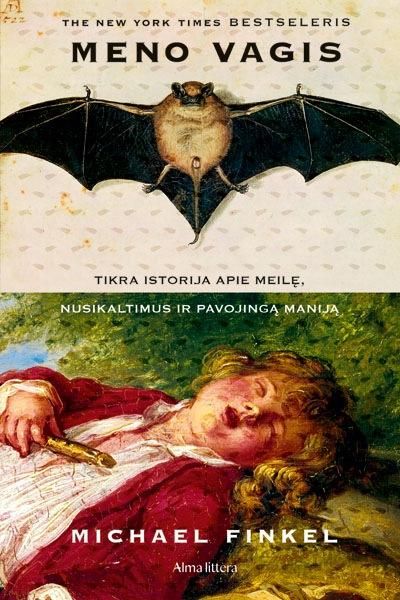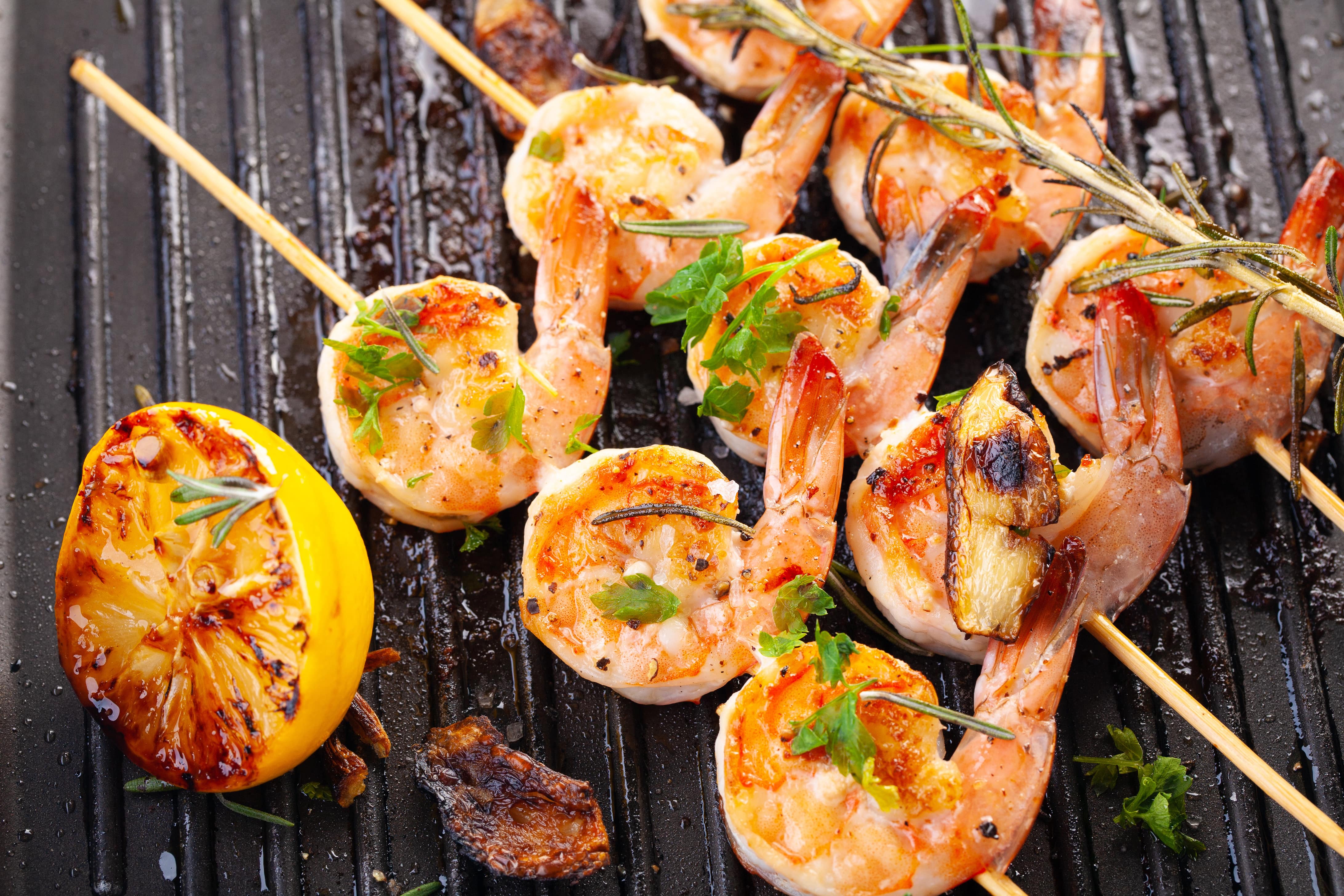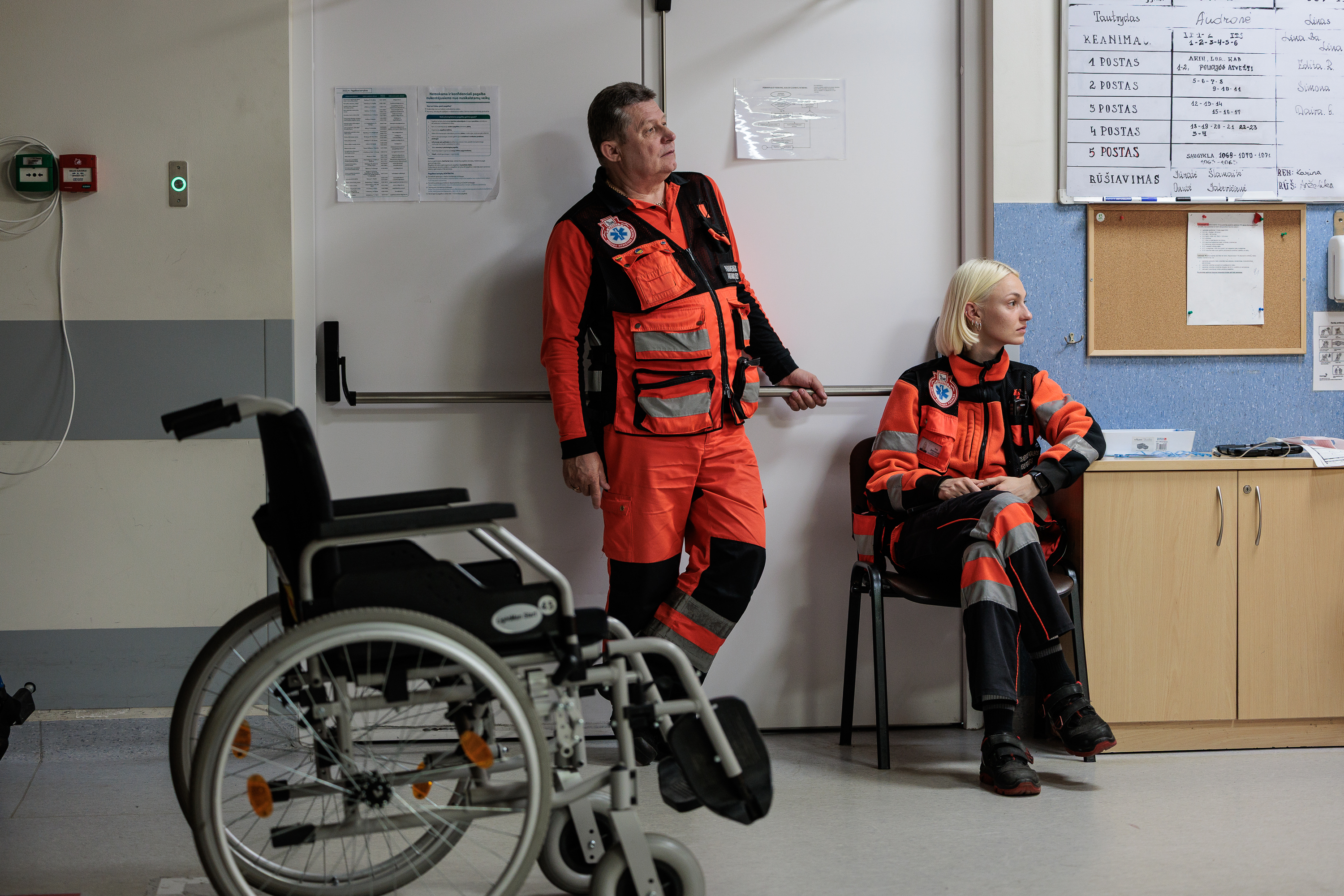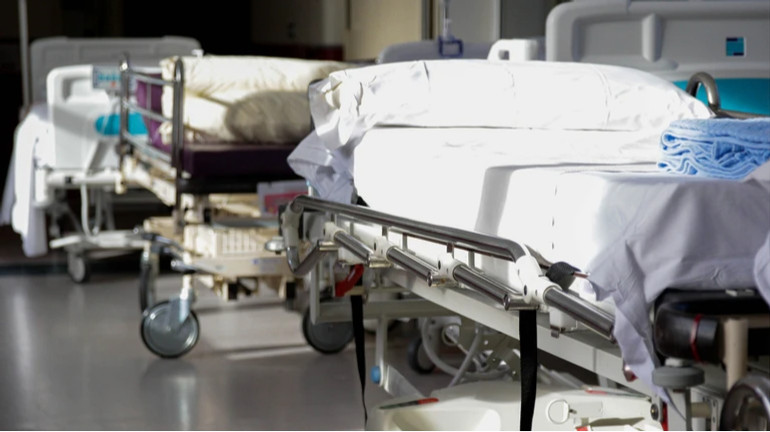Books recommended by 370

Joan Didion’s « Year of Magical Thinking »
Translated from English by Emilija Ferdmanaitė
White bows, 2025
This is the first book of American author J. Didion in Lithuanian and, hopefully, certainly not the last, because the author has written a number of significant works that would be useful in our literary field. Following the book « The Year of Magical Thinking, » would be very keen to have memoirs « Blue Nights », which extend the theme of mourning, prompting broader reflections on aging and mortality in the face of the death of their only child.
Photo by partner
In this book, which she said in a number of interviews, she was written very quickly, reviewing the first year of mourning. A 40 -year -old marriage, daughter and professional communion – all of which ended in a moment when her husband suddenly fell in a heart attack. J. Didion describes the details of the day of his death, the experience of the hospital, and the findings of the autopsy. Moreover, when a man dies, she has to care for an unexpected coma daughter, so mourning and anxiety layer, memories of her husband overlap with her daughter’s nursing moments, unexpected cultural comparisons, and mosaics of memory details.
For me, J. Didion and her husband, writer’s JG Dunne couple, their practiced lifestyle, writing practices seemed to be a perfect American dream of the 20th century. To the writer, promise. Recognition, influential dating, spectacular parties, wardrobes, houses on the ocean shore, travel, etc. have had everything and suddenly no longer have anything, in this book, J. Didion reasoning how things have changed, trying to turn back time, still return to her daughter’s wedding memories
Why the title of the book? Because, being rational and critical, Mr Didion believes that her husband will return. In the first year of mourning, it is a fairly common inability of consciousness to believe that your man will never come back, it still seems that something will still happen and happen to be magical. So this book is essentially about it – about trying to realize that your loved one has died, to mourn. However, everything, although the situation is not from light, is presented with a lights of hope, without pathetic. In the end, the author says, « I know why we try to keep the dead alive: we try to keep them alive to stay with us. I also know that if we want to live ourselves, come the time when we have the dead to give up, let them go.
Mieko kawakami ‘breasts and eggs’
Translated from Japanese Gabija Encyclion and Rūta Aleksandravičiūtė
White bows, 2024
Photo by partner
In the first part of the book, which could be named as « breasts », three relatives meet at the Tokyo station. The poverty -drowning writer Nacuk is greeted by her older sister Makik, who works at the Osaka Bar Consumator, and her teenage daughter Midoric. The reason for the arrival, as we learn from the further narrative, is quite domestic – Makiko is determined to enlarge his breasts. The trouble is that the sister is also drowning in poverty, and so much reasonably about breast augmentation clinics and types of surgery seems to miss her twelve -year -old daughter no longer talking to her and keeping in touch with her notes. NaCuk, who is the main narrator of this narrative, rationally values their capabilities: « Maciko has no specific professional skills or qualifications, and I am working on a minimum wage, and not full -time. Midoric is just a child and child support costs a lot.
Nackuk remembers a poor childhood, a violent father. Still, the relationship between her and her sister is strong, although the alienation is felt, the glimpse of the sister’s aging body is being studied. Midoric, whose body is also changing, remains mysterious and silent in the narrative of Nackuk, but readers are given the opportunity to understand the teen’s inner experiences, as fragments of the diary she writes constantly. The girl is impatient when, like other girls in the class, she will begin her menstruation, at the same time reasoning about the beginning of life, the fact that her mother is a real misery and better not born.
In the second part, which is suitable for the name « Eggs », we see the character after eight years. Nackuk managed to publish a book, so to achieve a certain professional recognition. Readers find it asexual, but they are very keen to have a baby. What does it mean to start a child without a partner using the sperm of an unknown man? This part appeared to me too much, stray in broader contexts, but losing intensity, not as attractive as the first.
Although the book at first glance may not seem very attractive to some readers because of the exaggerated emphasis on physiology, it is still about complex things, such as the (non) morality of life, the incision of the lower Japanese class, the situation of modern independent or single women, sexuality An interesting, ambiguous book.
Michael Finkel « Art Thief. A true story of love, crime and dangerous obsession »
Translated from English by Darius Krasauskas
Alma littera, 2024
Photo by partner
Stéphane Breitwieser’s story is really worth a book, movie or play. The author of this famous biography, Mr Finkel, managed to discover the key to telling one of the most famous art thieves, immersing the reader in the crime scenes as if we were reading a thriller, rather than the story of a strange guy.
First of all, the author gives readers a detailed portrait of a thief, turns to his childhood injuries, the desire for art in the early century, the unconditional care of his mother and grandparents, which influenced his moral choices, inability to take responsibility for his actions.
At the same time, it is also a love story associated with adrenaline and passion that unfolds in a closed space of the room, crushed by stolen art masterpieces. Impressed by the author’s description of the art thief to the beauty of the past, just a loss of mind when confronted with a masterpiece. Unlike other art thieves, Stéphane did not sell his stolen items – he wanted to release them from museum institutions and meet his works face to face, thus experiencing catharsis and even more involved in kleptomania.
Not only is the history of the thief and the fate of his stolen works of art, but also the choices of women surrounding it, their further life trajectories. Although these persons were difficult to cooperate and desire, the author was able to create convincing, full -blooded characters, present his opinion and evaluation, but not to overshadow the narrative, to give space for interpretation.
Mara van der Lugt « Create life. What does it mean to have a child »
Translated from English by Dalia Staponkutė
Hubris, 2025
Photo by partner
This book of young Dutch philosopher M. Van der Lugt provokes because it offers an optimistic narrative about having children in the background to look at pessimistic narratives. The author states that we look at the creation of a new life much through the frivolous way, treating it as an absolute, unquestionable good. She thinks: « Cultural narratives of life creation clearly lack moral accents. We need to rethink the narrative about » the right to have a child « because it does not encourage moral awareness and interferes with its deeper reflection. Children’s birth should not be a matter of law first (are we have such a right or not?), But the moral consequences of the life that has begun. Also, responsibility for the future of the child, which is bound by absolute uncertainty ”(p. 183).
The author writes a relatively easy language, accessible to many readers, through classical literature, philosophy, and popular culture, proposes to rethink human responsibility for bringing new life to a dangerous planet. Looking from a Western position, it offers to keep the children’s possession through the prism of consumption, proposing to change the question « Do you want to have children? » to the question « Do you imagine yourself as a father? ».
Initially reading this book I sprayed, I didn’t like that with children, as if I had to get out of my comfort zone and justify why I had them. Especially when the geopolitical situation alone does not seem to promise anything good in the future. At the same time, this makes us think, because so far we usually demand arguments from those who are determined to have no children. Equally, we should find arguments as to why we have them. Mr van der Lugt distinguishes moral and not moral aspects of having children, but remains asking, open for discussion.











